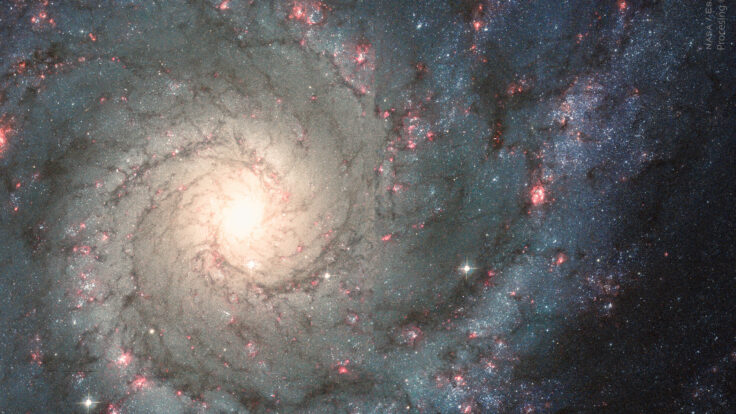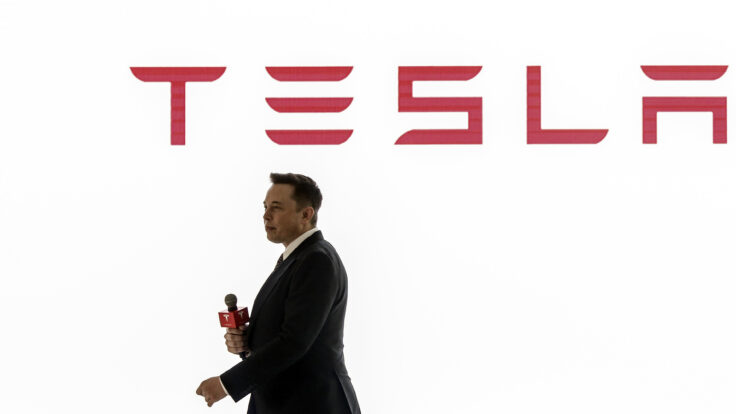|
Welcome back to Dry Powder...
...And thanks for following my work here at Puck. As a reminder, you're receiving the free version of Dry Powder at . If you're enjoying these notes, consider subscribing for full access—or sharing this email with a friend.
In today's column: Lloyd Blankfein, David Solomon, Sandy Warner, Hank Paulson, and the behind-the-scenes story of how Goldman Sachs, the most prestigious bank on Wall Street, became smaller than its peers—and what it can do to regain its throne.
Enjoy, Bill
How the most prestigious bank on Wall Street became smaller than JPMorgan Chase, Morgan Stanley, and Citi. And the M&A deals that could put it back on top. Back in May 1999, Goldman Sachs went public to great fanfare after years of internal debate among its partners about the wisdom of such a step. The top brass had been utterly devoted to the idea of remaining a private partnership, but they quickly got with the program, especially after the top top partners figured they were suddenly going to be worth hundreds of millions of dollars each after the I.P.O. That point was further driven home after the first day of trading, when the Goldman stock increased by some 30 percent.
Abracadabra, Goldman Sachs was worth more than $30 billion, and was trading at nearly five times its book value. It was the most feared and revered investment bank in the world and its high multiple of book value reflected the esteem in which investors held the firm and its ability to make money hand over fist, regardless of market conditions.
Nearly 23 years later, however, Goldman trades for around 1.1x its book value, below that of its two principal competitors: JPMorgan Chase, which trades at 1.7x its book value, and Morgan Stanley, which trades at nearly 1.9x its book value. At around $120 billion, Goldman’s market value is also significantly below its big competitors. JPMorgan Chase is valued around $440 billion; Morgan Stanley is valued at $185 billion, some 53 percent more than Goldman. Bank of America, which bought Merrill Lynch during the 2008 financial criss, has a market value of $380 billion. Even the much diminished Citigroup has a market value of $130 billion, some $10 billion more than Goldman’s...
FOUR STORIES WE'RE TALKING ABOUT An outbreak of 9-figure deals is fueling a new arms race—and serious FOMO from producers like me. DAVID T. FRIENDLY A potentially definitive, highly unscientific analysis of who has the most political juice right now in Silicon Valley. TEDDY SCHLEIFER Hollywood’s new and diminished definition of success is perhaps the most difficult and debated question of the streaming era. MATT BELLONI For so much of U.S. history., Black people were not allowed to build wealth. Is Bitcoin the solution, or just another false promise? BARATUNDE THURSTON
|
-
Join Puck
Directly Supporting Authors
A new economic model in which writers are also partners in the business.
Personalized Subscriptions
Customize your settings to receive the newsletters you want from the authors you follow.
Stay in the Know
Connect directly with Puck talent through email and exclusive events.











